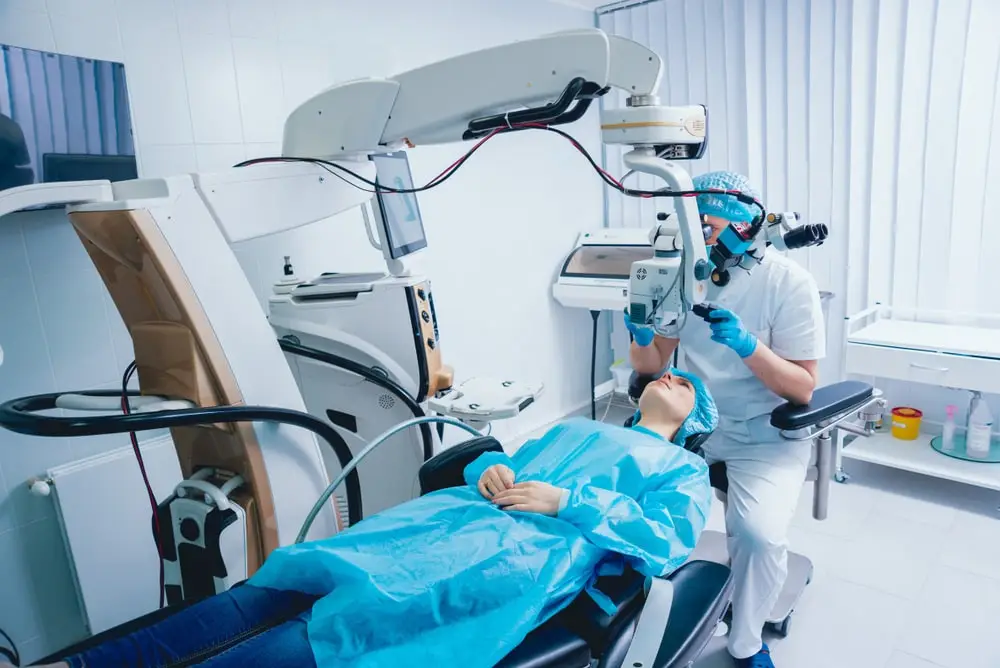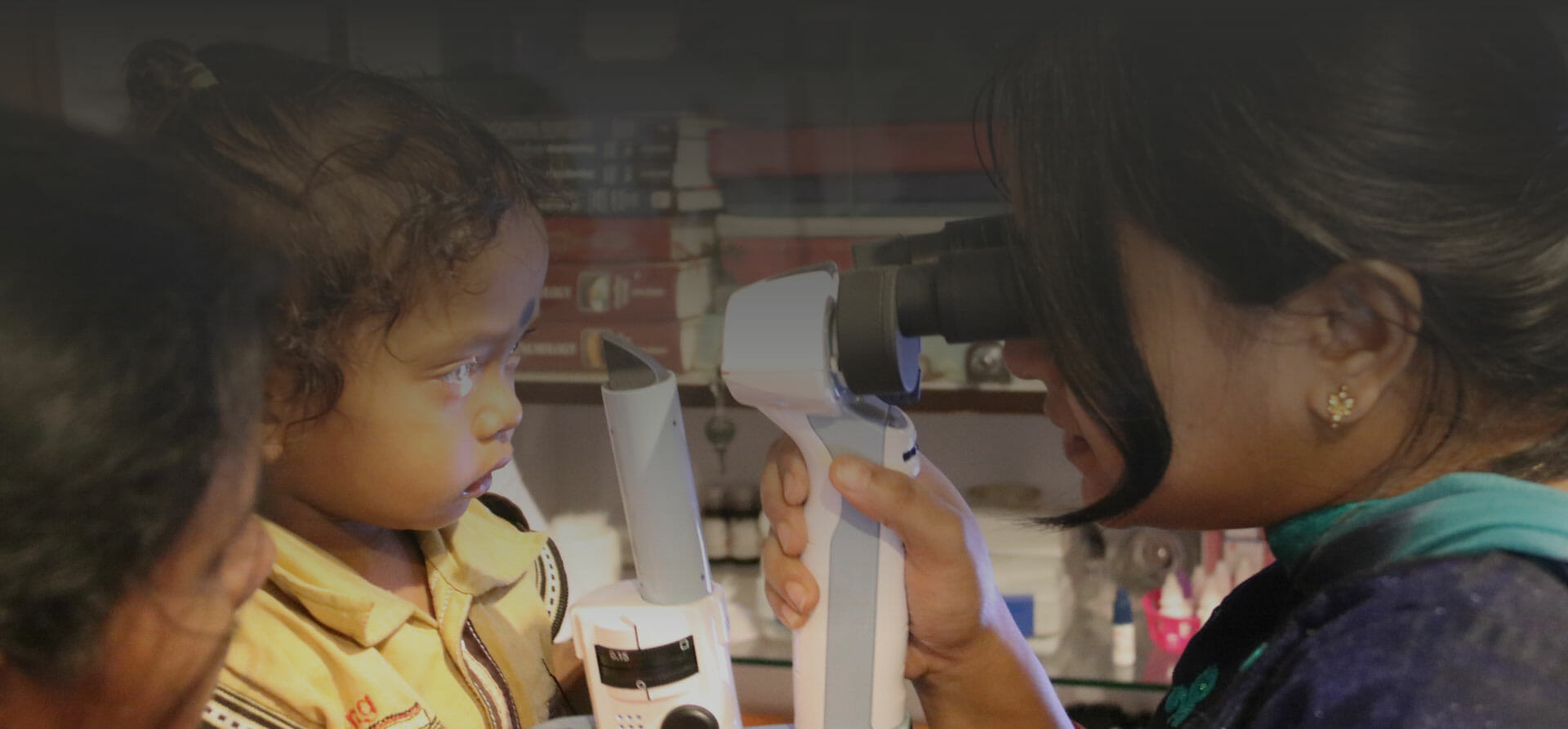Thinking about undergoing LASIK eye surgery can be a bit daunting. The idea of lasers, cuts, and the potential pain might make you hesitant. It’s completely natural to feel a bit apprehensive about any surgical procedure, especially when it involves something as crucial as your eyesight. Despite the impressive advancements in medical technology, one question still lingers in the minds of many potential patients: Is LASIK surgery painful?
Well, let’s dive into this important topic.
Contents
Understanding LASIK Surgery
LASIK surgery, or Laser-Assisted In Situ Keratomileusis, is a highly effective vision correction procedure that has transformed the lives of millions around the world. This technique utilizes advanced laser technology to reshape the cornea, the clear front part of the eye, which improves the eye’s ability to focus light onto the retina at the back of the eye. This correction helps to improve vision and in many cases, can eliminate the need for glasses or contact lenses.
How Does LASIK Work?

The procedure involves a few key steps:
- Creating the Flap: The surgeon uses a specialized tool called a microkeratome or a femtosecond laser to create a thin flap on the surface of the cornea.
- Reshaping the Cornea: With the flap temporarily lifted, another laser, known as an excimer laser, is used to precisely reshape the underlying corneal tissue. This step corrects refractive errors such as nearsightedness, farsightedness, and astigmatism.
- Replacing the Flap: Once the cornea is reshaped, the flap is carefully repositioned back in place where it naturally adheres and heals over the reshaped part of the cornea.
The entire procedure is typically completed in about 20-30 minutes for both eyes, and the use of cutting-edge lasers allows for precision and customization in the correction of vision. The technology behind LASIK has evolved significantly over the years, enhancing both the safety and the effectiveness of the procedure.

Your Help Can Make a Difference!
Don’t Let Blurry Vision Dim Their Future
With Every Donation, You’re Gifting a LASIK Surgery To Someone in Need!
Is LASIK Surgery Painful?
LASIK surgery itself is generally not painful due to the precautions taken by surgeons to ensure your comfort. Before the procedure begins, numbing eye drops are administered to the eyes. These drops help prevent any pain during the surgery, although you might still feel some pressure or a mild sensation of discomfort. The laser part of the procedure is quick, usually lasting only a few seconds to a minute per eye.
After the Procedure
Once the numbing drops wear off, you might experience some discomfort or mild pain, but this is typically short-lived. Common post-surgery sensations include:
- A gritty feeling in the eyes, as if there’s something small like a grain of sand in them.
- Sensitivity to light.
- Notice halos or glare around lights, especially at night
- Watery eyes.
- Mild burning or itching sensation.
These symptoms are generally mild and usually subside within a few hours to a day after the surgery. Your doctor will provide you with eye drops to help manage any discomfort and to prevent infection.
Managing Discomfort After LASIK

Recovering from LASIK surgery generally involves mild discomfort that can be effectively managed with the right care. Here are some tips to help you minimize discomfort and promote healing:
- Use Prescribed Eye Drops: Follow your surgeon’s instructions for using antibiotic, anti-inflammatory, and lubricating eye drops to prevent infection, reduce inflammation, and alleviate dryness.
- Take Medications as Advised: If needed, use pain relievers as prescribed by your doctor. Always check with your surgeon before taking any over-the-counter pain medications.
- Wear Eye Protection: To shield your eyes from irritants, wear sunglasses to protect against sunlight and glare when outdoors. Consider protective eyewear at night to avoid rubbing your eyes in your sleep.
- Rest Your Eyes: Avoid activities that require intense visual concentration like reading, using a computer, or watching TV for long periods in the first few days after surgery. This can help prevent eye strain and promote healing.
- Keep Your Environment Clean: Maintain a clean environment to reduce the risk of getting dust or other irritants in your eyes, which can cause discomfort.
- Avoid Irritants: Stay away from smoky, dusty, or windy environments as these can irritate your eyes and exacerbate discomfort.
- Follow Up with Your Doctor: Attend all post-operative appointments to ensure your eyes are healing correctly and discuss any ongoing discomfort with your surgeon.
Implementing these strategies will help you manage any discomfort after LASIK and contribute to a smoother recovery process.
How Many Days Rest Is Needed After LASIK?
After undergoing LASIK surgery, the amount of rest needed can vary from person to person, but generally, the recovery period is relatively quick.
- Immediate Post-Surgery: It’s crucial to rest your eyes for the first 24 hours after the procedure.
- First Week: During the first week, you should continue to avoid strenuous activities, particularly those that might result in sweat or foreign particles getting into your eyes.
In summary, while you might resume some normal activities within a couple of days, it’s essential to give your eyes adequate time to heal and avoid any activities that could jeopardize your recovery.
Your Contribution Can Help The Needy
As more people become reliant on corrective lenses to see clearly, the prevalence of vision problems continues to rise. Unfortunately, many individuals in need of vision correction or eye surgeries can’t afford these life-changing treatments. This reality leaves countless people struggling with blurred vision and the broader implications it has on their daily lives and independence.
Are you looking for Lasik Surgery? Experience the freedom of clear vision with Lasik Surgery at EyeMantra Foundation. Book your free appointment now at +91 9711116605
Your Small Gesture Can Mean a World of Difference!
Every contribution, no matter the size, can provide them with the necessary treatments to correct their vision.
Be a part of our mission to restore and improve vision for those who need it most. Visit our website to contribute directly.
